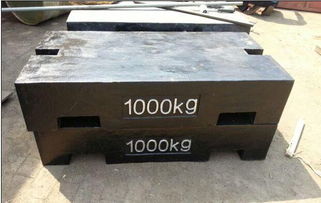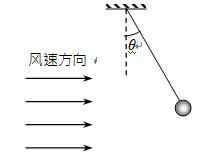kg vs Metric Ton: A Comprehensive Guide
When it comes to measuring mass, two units often come to mind: kilograms (kg) and metric tons. While both are part of the metric system, they differ significantly in size and usage. In this article, we will delve into the details of kg vs metric ton, exploring their origins, conversions, and applications in various fields.
Origins of kg and Metric Ton

The kilogram (kg) is the base unit of mass in the International System of Units (SI). It was first defined in 1795 as the mass of one liter of water at the melting point of ice. However, this definition was later revised in 1889 to be based on a platinum-iridium prototype kept at the International Bureau of Weights and Measures (BIPM) in France.
The metric ton, on the other hand, is a unit of mass equal to 1,000 kilograms. It is often used in countries that have adopted the metric system but still prefer larger units for practical purposes. The metric ton was introduced in France in 1795 as a part of the metric system, and it quickly gained popularity worldwide.
Conversions Between kg and Metric Ton

Converting between kilograms and metric tons is a straightforward process. To convert kilograms to metric tons, divide the number of kilograms by 1,000. Conversely, to convert metric tons to kilograms, multiply the number of metric tons by 1,000.
Here’s a simple table to help you visualize the conversions:
| kg | metric tons |
|---|---|
| 1 | 0.001 |
| 100 | 0.1 |
| 1,000 | 1 |
| 10,000 | 10 |
| 100,000 | 100 |
Applications of kg and Metric Ton

Both kilograms and metric tons find extensive use in various fields, including science, engineering, and everyday life. Here are some examples:
-
In science, kilograms are used to measure the mass of objects, while metric tons are often used to measure large quantities of substances, such as chemicals or minerals.
-
In engineering, both units are used to calculate the weight of structures, vehicles, and machinery. Metric tons are particularly useful when dealing with heavy loads or large-scale projects.
-
In everyday life, kilograms are commonly used to weigh groceries, luggage, and other personal items. Metric tons are less frequently used but can be found in situations involving large quantities, such as bulk purchases or construction projects.
Conclusion
In conclusion, kilograms and metric tons are two essential units of mass within the metric system. While they share the same fundamental concept, their sizes and applications differ significantly. Understanding the differences between kg and metric ton is crucial for accurate measurements and conversions in various fields.



